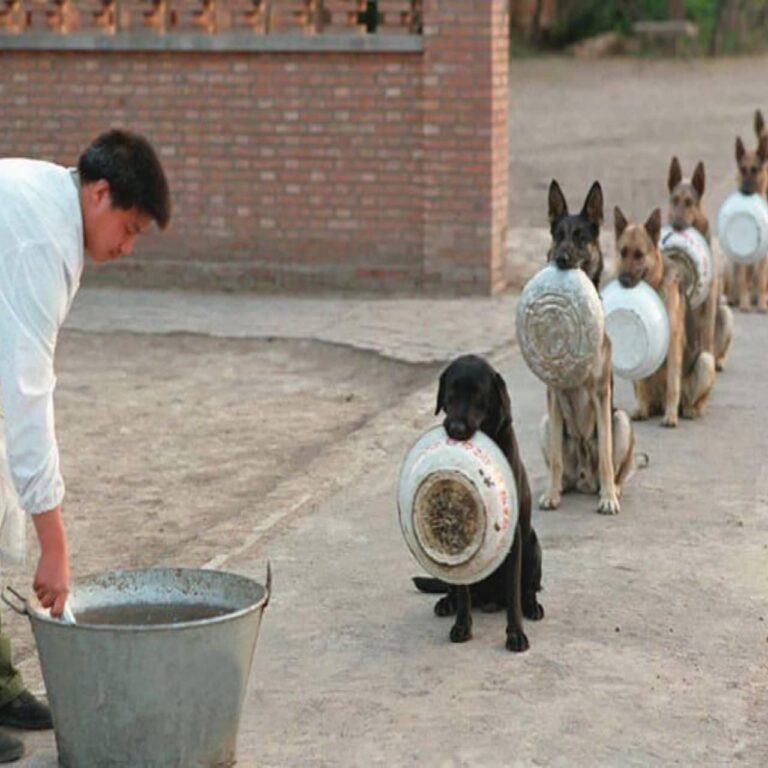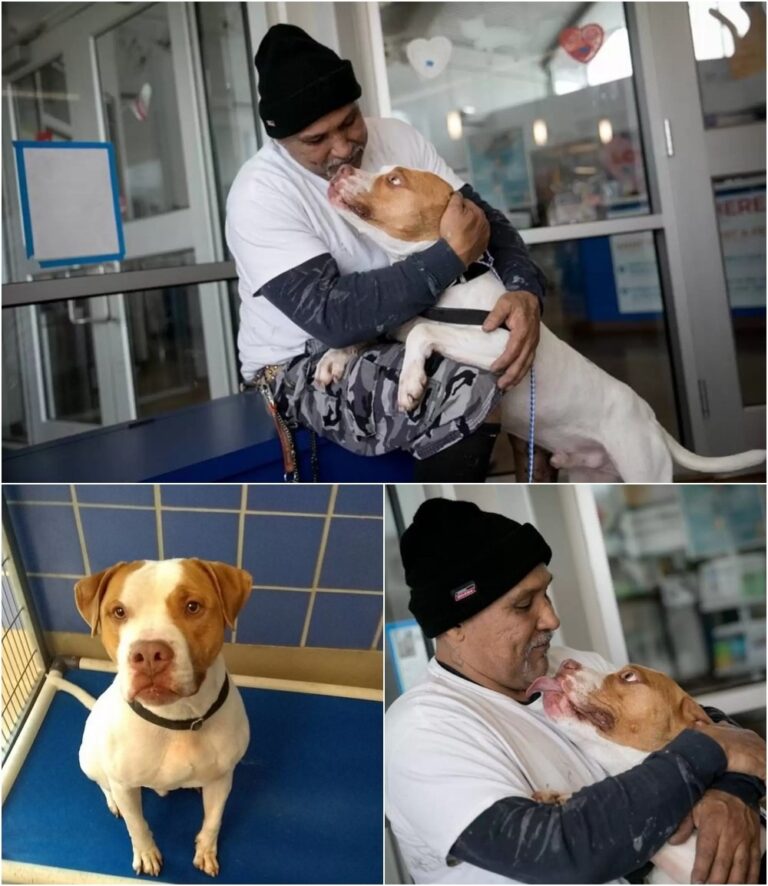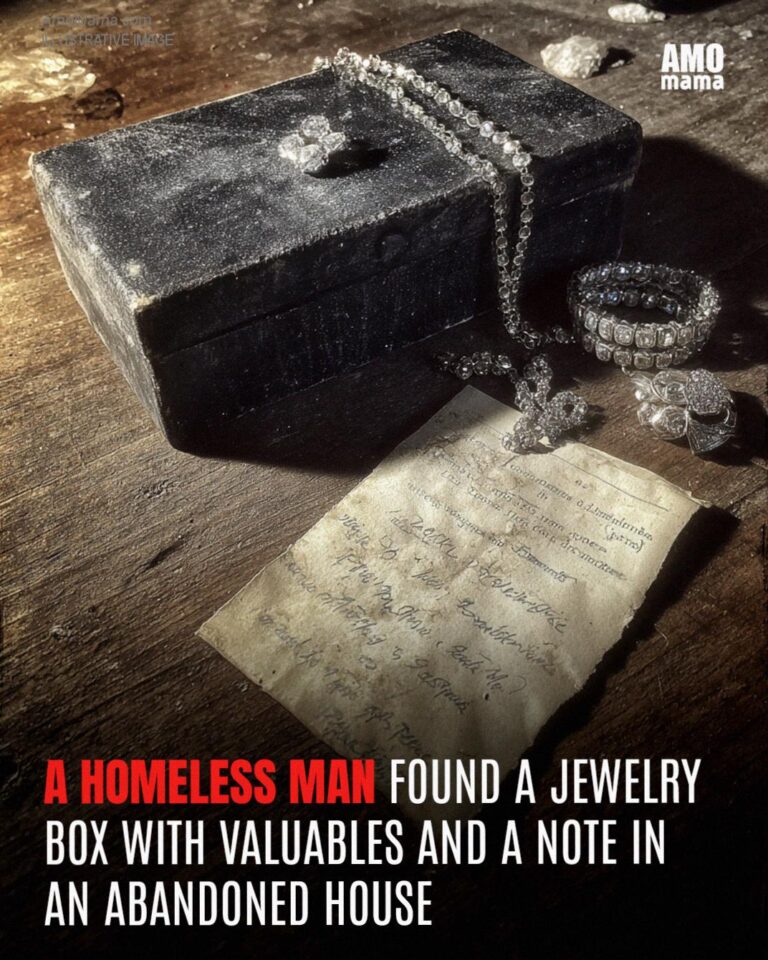
It sounds odd, maybe even disturbing, but when you’re an out-of-work actress in Texas, weird jobs pay better than waiting tables.
I hadn’t planned for this. Once, I chased auditions, performed in regional theater, appeared in commercials, even dabbled in student films. I believed in my future as an actress. But a year of silence, unanswered calls, and dwindling savings forced me home. That’s when I spotted the Craigslist ad:
“Mourners Needed. Must show emotion on cue. Cash paid same day.”
I arrived at Kendry & Sons Funeral Services with no clue what to expect. The squat brick building sat between a payday loan office and a shuttered convenience store. The neon sign buzzed weakly. Inside, there was only Kendry — a thin, gaunt man with parchment-like skin, gray eyes that never focused, and the persistent scent of bleach and smoke.
No questions were asked. No smile offered. Just a folded sheet with the service time. “You show up, you cry, you don’t ask questions. Families want their loved one to feel remembered. That’s your job.”
My first funeral was awkward. A woman in her seventies, cancer, her children huddled by the casket, whispering and touching her photographs. I sat near the front, holding a tissue, trying to cry convincingly. My chest ached, tears came slowly at first, then poured freely. It felt wrong, yet oddly satisfying — I was filling a void, helping in my small way.
At the end of the day, Kendry handed me an envelope of cash. Relief washed over me like a long-lost friend.
Soon, I fell into a rhythm: arrive, stand, sit, dab at my eyes, offer comfort when needed. Polite thanks and gentle pats replaced awkwardness. I didn’t know the deceased. That didn’t matter. Kendry never questioned anything.
Some days still felt wrong. Seeing caskets, hearing mourners’ wails — sometimes I felt like an intruder. But the money dulled the unease.
Then I noticed something strange. Kendry moved quietly, checking schedules, adjusting flowers, making notes. The cleaning crew arrived every morning, whether needed or not. And the man…
Tall, thin, always outside, across the street, smoking, shifting his weight, watching. He never came in, never spoke. Just observed. I tried to dismiss him as a neighbor, but he returned every day.
Weeks passed, and I sank into the routine. Funerals were messy or quiet, large or small. I performed my role and collected my pay. But a few faces stood out — a “doctor,” so polished and precise. A week later, I saw him on a TV commercial. Same face, same charm. He’d been at the funeral. Not a doctor — just another actor.
And then it hit me.
Some funerals were staged. All attendees were actors. Bodies were real, but grief was manufactured.
I scrutinized the details: exchanged glances, sealed caskets, Kendry’s lingering hands. Online searches yielded nothing. These people didn’t exist beyond the funeral home.
The tall man returned. Always watching the small services, the quiet ones. Slowly, I realized — he wasn’t a neighbor or relative. He orchestrated the funerals. He had killed the people in those caskets. Kendry facilitated everything, ensuring no one discovered the truth.
Every tear I shed, every comforting word, had been part of his twisted performance.
I quit the next morning. No argument from Kendry. Just a flat, knowing smile.
I plan to go to the authorities tomorrow. But tonight, I can’t shake the feeling of being watched. Strange noises surround my apartment. I think I saw him again — the tall man.
And deep down, I know what comes next.
They’ll have to hire actors to cry for me.





